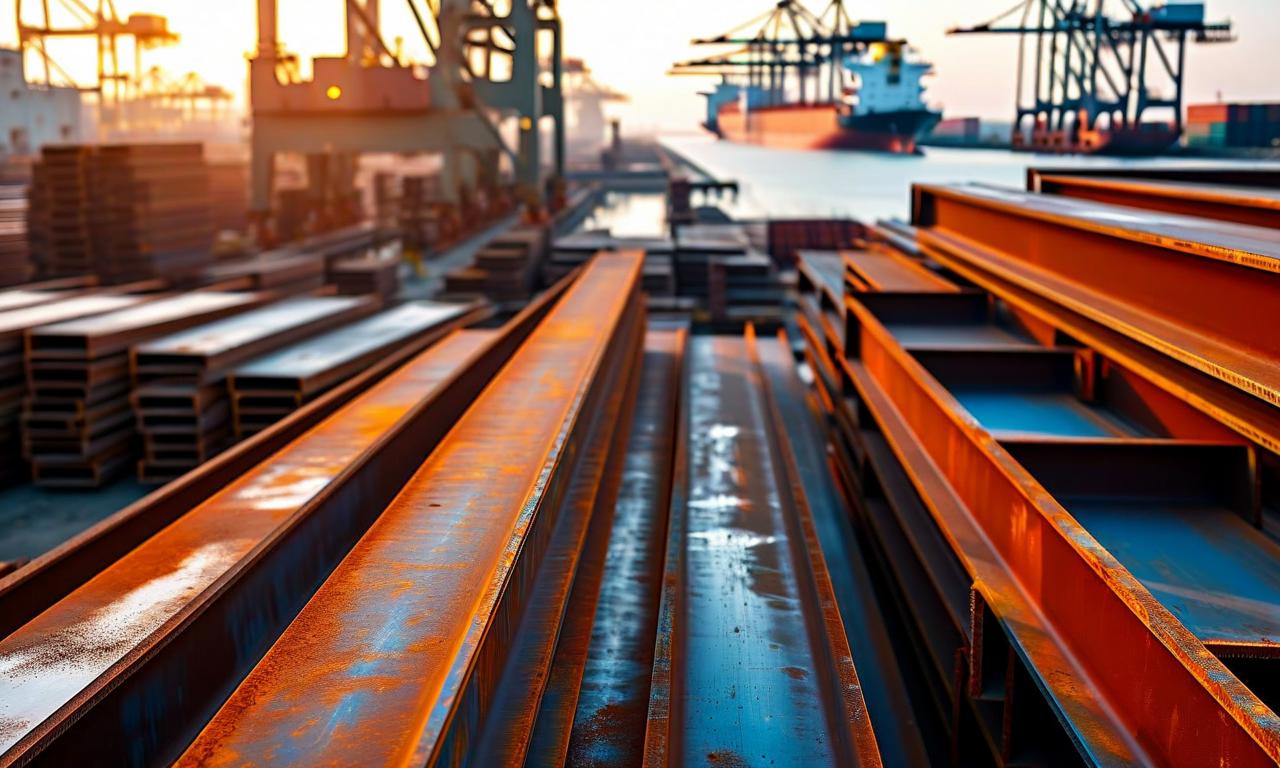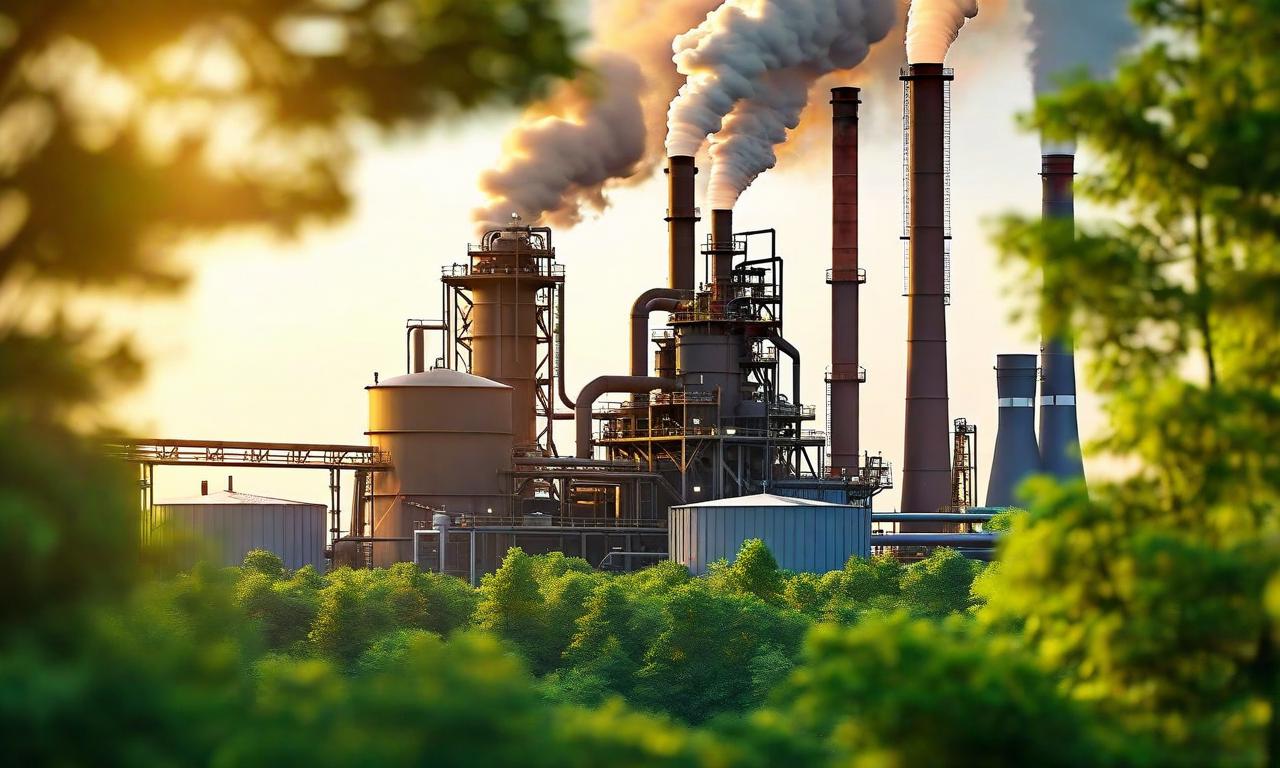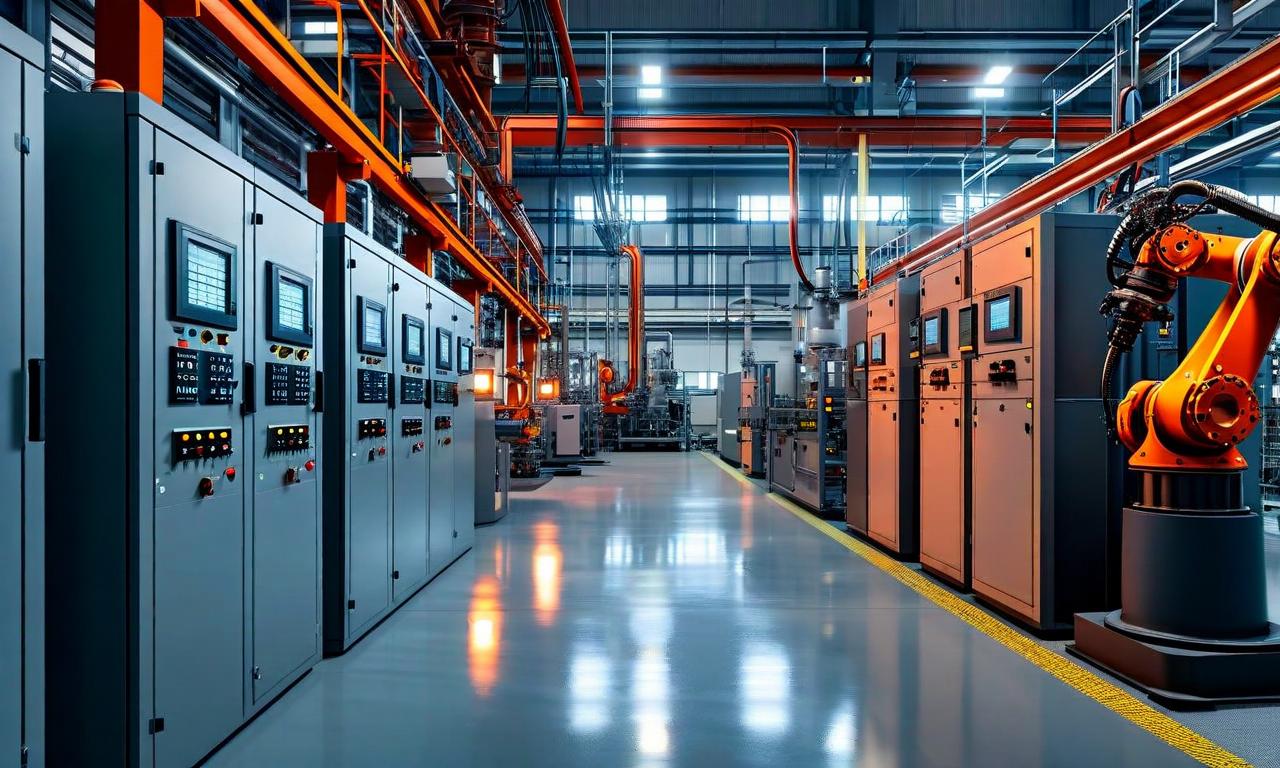Tata Steel Faces Potential Impact as European Commission Plans to Raise Steel Import Tariffs
The European Commission is contemplating raising import tariffs on foreign steel to match levels imposed by the US and Canada. This move could affect global steel manufacturers, including India's Tata Steel, which has significant operations in Europe. The proposed tariff increase may lead to higher costs for European steel importers, potential advantages for domestic European producers, and challenges for non-EU manufacturers in maintaining their European market share. Tata Steel may need to reassess its European operations and market strategy in response to these potential changes.

*this image is generated using AI for illustrative purposes only.
The European Commission is considering a significant policy change that could have implications for global steel manufacturers, including India's Tata Steel . The Commission plans to increase import tariffs on foreign steel, aligning them with the levels currently imposed by the United States and Canada.
Potential Impact on Tata Steel
Tata Steel, one of India's largest steel producers with a significant presence in Europe, may face challenges if this proposed tariff increase is implemented. The company, which operates major steel plants in the Netherlands and the UK, could see its competitiveness affected in the European market.
Global Steel Trade Dynamics
This move by the European Commission signals a shift in global steel trade dynamics. By matching the tariff levels of the U.S. and Canada, Europe appears to be taking a more protectionist stance in its steel industry. This could potentially reshape trade flows and impact steel-exporting countries and companies worldwide.
Industry Implications
The proposed tariff increase could lead to:
- Higher costs for European steel importers
- Potential advantages for domestic European steel producers
- Challenges for non-EU steel manufacturers in maintaining their market share in Europe
Tata Steel's Position
While the specific impact on Tata Steel remains to be seen, the company may need to reassess its European operations and market strategy in light of these potential changes. Tata Steel's ability to adapt to this new tariff environment will be crucial for maintaining its strong position in the European steel market.
Looking Ahead
As the European Commission moves forward with this plan, steel industry stakeholders will be closely monitoring developments. The final structure and implementation timeline of these tariff changes will be key factors in determining their impact on global steel trade and individual companies like Tata Steel.
The steel industry, already facing challenges from global economic uncertainties and environmental regulations, will need to navigate these new trade dynamics carefully. For Tata Steel, this could mean reassessing its production costs, exploring new markets, or potentially lobbying through industry associations to mitigate the impact of these tariff changes.
Historical Stock Returns for Tata Steel
| 1 Day | 5 Days | 1 Month | 6 Months | 1 Year | 5 Years |
|---|---|---|---|---|---|
| +1.44% | +0.12% | +10.67% | +30.85% | +53.48% | +210.66% |




























